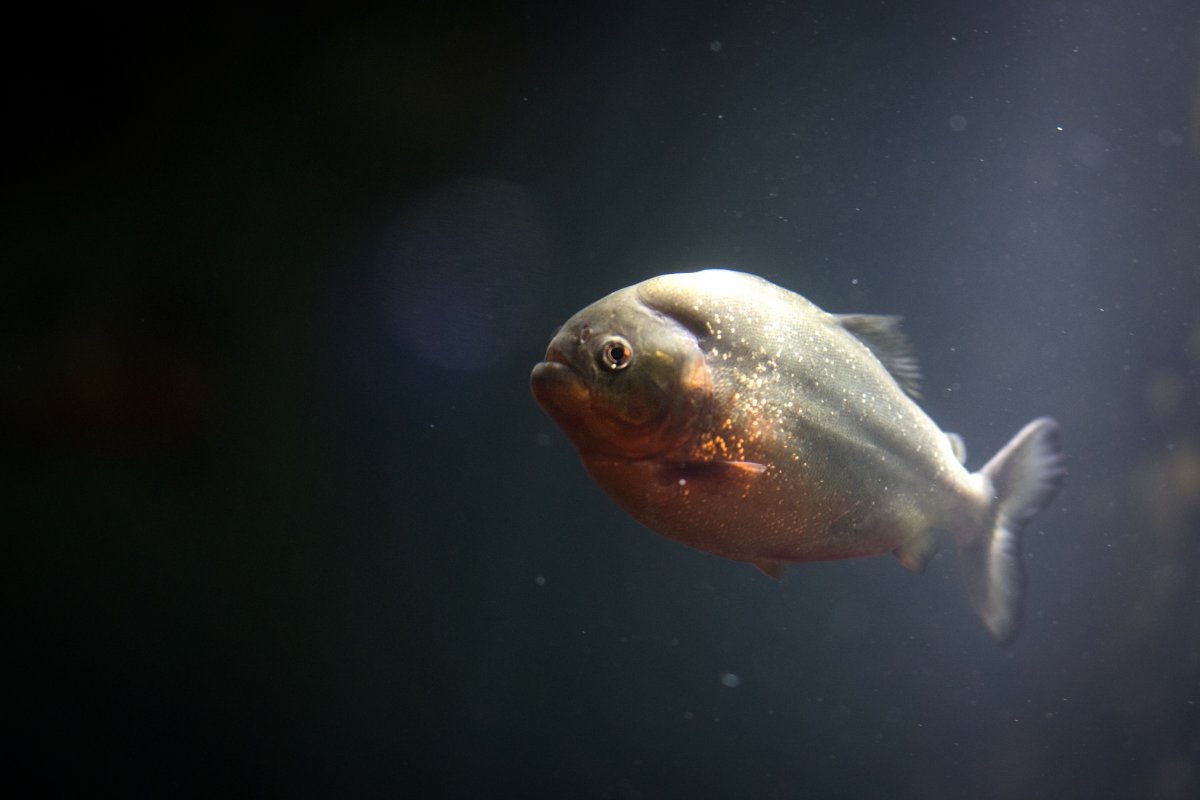A man was reportedly eaten by piranhas after he jumped into a lake to escape from a group of bees that attacked him and his friends.
The 30-year-old was fishing on Sunday with two of his friends at a lake in the municipality of Brasilândia de Minas in southern Brazil, authorities told Brazilian newspaper Estado De Minas, according to Yahoo News.
At one point the men all jumped into the lake to escape the bees, but discovered shortly afterward that the lake was filled with piranhas, carnivorous fish with razor-sharp teeth, LADbible reported. The man's two friends managed to swim away to safety.
Authorities reportedly found the man dead four meters away from the shoreline after the fire department was called in for help.
The man's body was disfigured by the piranhas, which tore apart some parts of his body including his face.
It was not clear whether the man died from drowning or from the piranha attack, but authorities said that the man was found in a certain position that is commonly seen in drowning, according to LADbible.
Around 30 species of piranhas reportedly live in South America's Amazon River basin. They also live in some areas in North America, Central America, and Hawaii, according to Yahoo News.
Piranhas rarely attack humans but the attacks can be fatal if they happen.
In January 2015, a six-year-old girl, Adrila Muniz, was found dead in Brazil at the Maicuru River near Monte Alegre town after she was feasted on by a large group of piranhas, the BBC reported.
The girl was with her grandmother and four other children on board a vessel that was turned over by a storm.
All children were saved except for the six-year-old. Her family told local media that the girl drowned shortly after the vessel capsized in the river, but they suggested that she might have died already before the piranha attack.

Although piranhas are mostly natives of South America, some have been found in different said that the lake is not their original habitat and that the fish must have been dumped there by someone after being taken out of an aquarium.
Piranhas were also found in other parts of the U.S. over the past few decades, including some that were removed from three different lakes by Florida officials. According to the California Department of Fish and Wildlife, the carnivorous fish have yet to establish and maintain a population in any body of water.
The California Department of Fish and Wildlife worried that if piranhas were introduced outside of their native habitat they will "not only prey on native species but compete with them for food and habitat as well, which could lead to a reduction in the abundance and diversity of native species."
Uncommon Knowledge
Newsweek is committed to challenging conventional wisdom and finding connections in the search for common ground.
Newsweek is committed to challenging conventional wisdom and finding connections in the search for common ground.
About the writer
Fatma Khaled is a Newsweek weekend reporter based in New York City. Her focus is reporting on U.S. politics, world ... Read more
To read how Newsweek uses AI as a newsroom tool, Click here.








